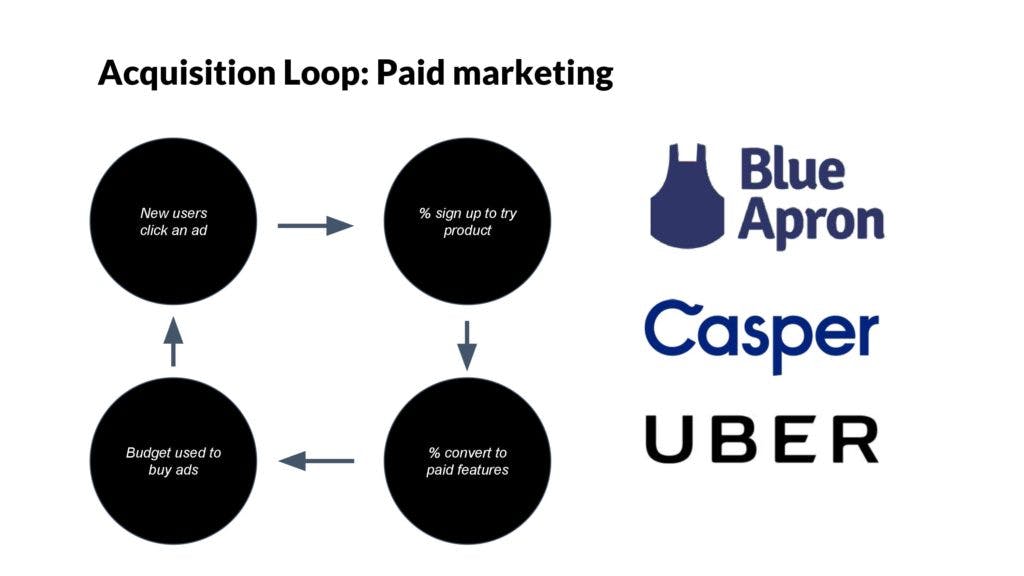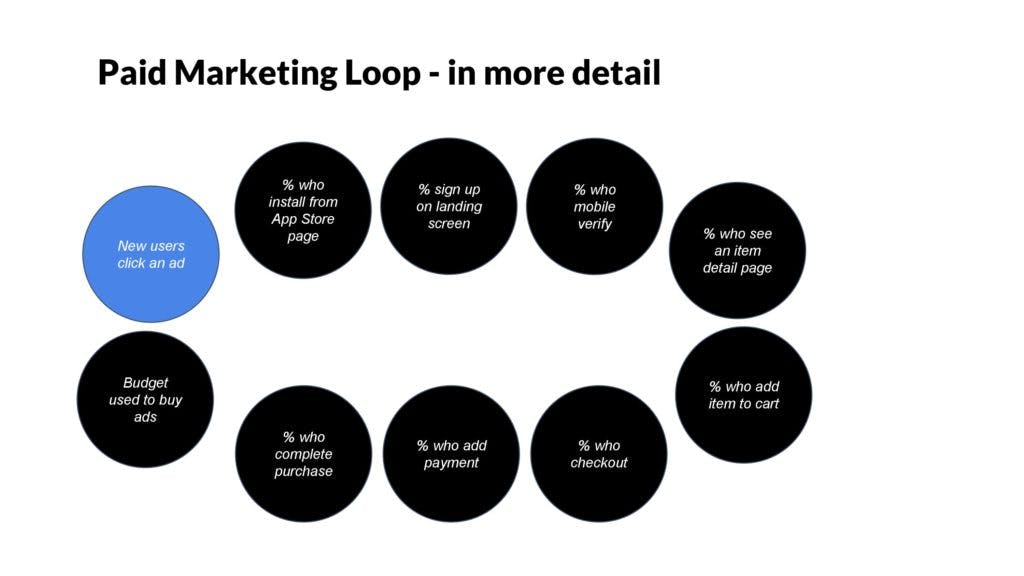marketing
How I'm Thinking About Marketing Strategies Now
Written on 16 May 2021
For a long time, "strategy" felt like an elusive concept to me. I can sense when there isn't a good strategy (or any strategy). But if you were to ask me what a good strategy is, I couldn't describe it to you.
My guess is that a good strategy is one of those things where you know it once you see it. So over the past few years, I read books and kept an eye out for good strategies by different companies. I think I have a slightly better understanding of it now.
2 components of a good strategy
- Cohesiveness
- Advantage
A good indication that you don't have a strategy is a lack of cohesiveness of your tactics. If you are using multiple marketing channels and the tactics are all unrelated, you might not have a strategy. For example, you have a newsletter because every other company has one. You start a podcast because everyone seems to be podcasting now. You run ads because marketing must have ads, right?
On the flip side, if your tactics can all link back to this "one thing", then I would consider that "one thing" your strategy. For instance, your strategy might be to use content marketing and SEO to acquire new customers. You create content that ranks well on Google and YouTube. You share on social to generate backlinks, which will help you rank better. You build an email list using your content to have an "owned" audience to talk to when you launch new features. Everything is connected back to content.
The other component to consider is your advantage. Just because a strategy is working well for another company doesn't mean it will work well for you. Does that company have an advantage that you don't? Do you have an advantage that others don't? My favorite example is Ahrefs. They are in a unique position to do content marketing and SEO with their own SEO product. Not every company can do marketing with their own product.
But sometimes your strategy might require you to develop an advantage (rather than creating a strategy based on your advantage). That's when you have to hire new people or upskill your team. I'll admit I'm not experienced in this yet, so any advice is welcomed.
Loops and flywheels
Two essays shaped my understanding of strategies:
- Andrew Chen's The red flags and magic numbers that investors look for in your startup’s metrics – 80 slide deck included!
- Reforge's Growth Loops are the New Funnels
I'm sure there are many different ways to define a strategy but the concepts proposed by Chen and Reforge resonated the most with me. Seeing them describe good strategies helped me understand "strategy" better. For example, Chen talked about a paid marketing loop. Companies like Blue Apron, Casper, and Uber spend a lot of money on ads. The ads generate a bunch of signups. A percentage of the users pay for the product. The companies get more money to buy ads.

But that's not all. The loop can be broken down into smaller steps to be optimized. Tactics within the strategy. For example, when people click on the ad, they will see a landing page, which will persuade them to sign up or not. The team can work on improving the page, which will improve the signup rate and the entire loop. More users!

Chen explained a few other loops in his essay. I would recommend checking them out.
Connecting the pieces
If you can come up with the growth loop or flywheel for your company, that will serve as the core of your marketing strategy. Then any tactics you want to try should ideally fit with this core.
For example, if you are running the paid marketing loop, you could try partnering with influencers to get more photos and videos of your product, which you can then use in your ads.
This way, you can still try out different channels but have them link back to your core strategy.
But coming up with the entire strategy is not easy. I'm six years into marketing, mostly at a pretty well-known brand, and I still can't confidently say I come up with good strategies all the time. If you have any suggestions on how I can get better at this, let me know. I'm also happy to discuss ideas with you.